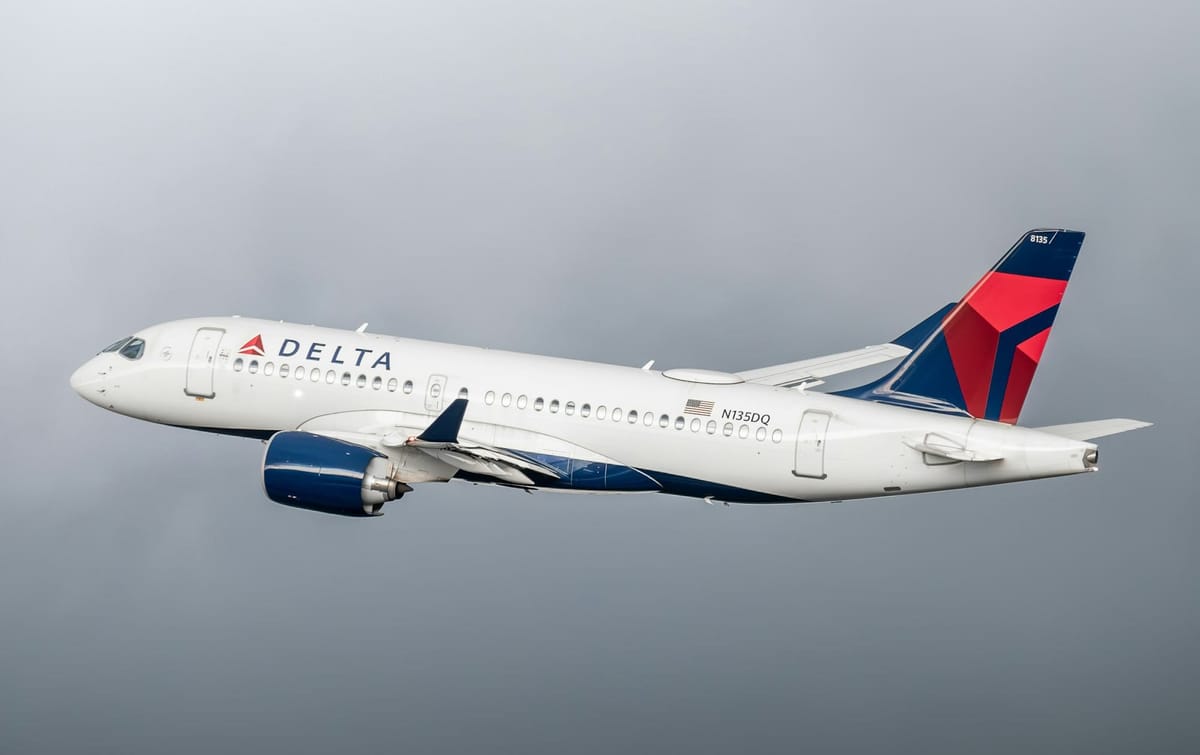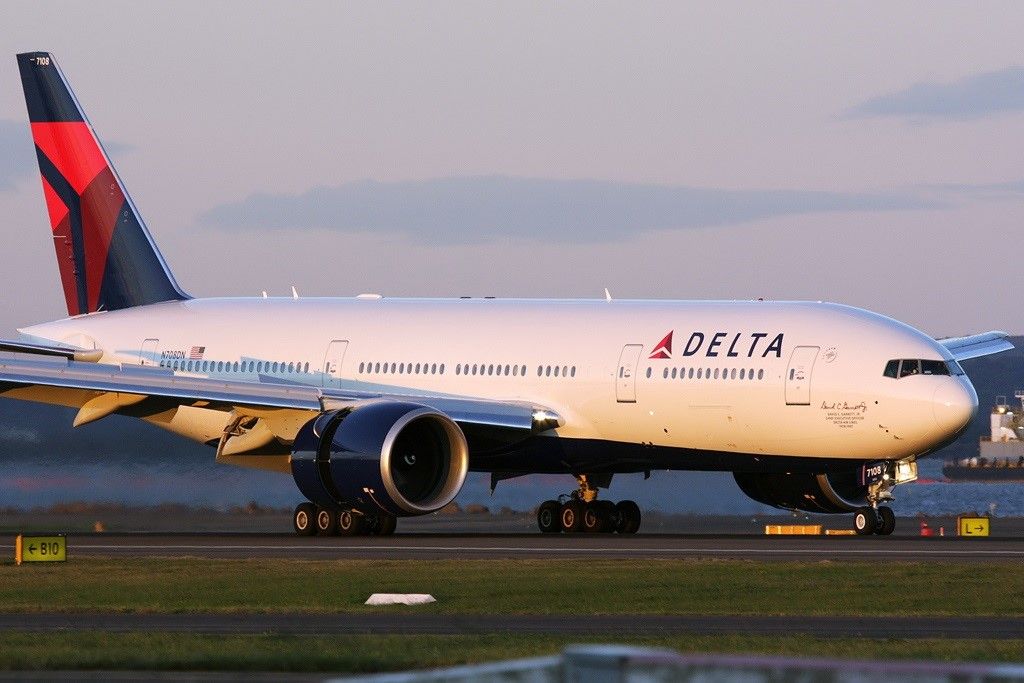Delta Air Lines: Navigating a Year of Significant Growth and Unprecedented Challenges
Delta Air Lines, one of the major players in the U.S. airline industry, closed out 2023 on a high note. The airline reported record revenue in 2023, driven by strong travel demand, particularly for international trips. However, despite the positive performance, Delta did face some challenges and had to revise its profit outlook for 2024. In this article, we will take a closer look at Delta’s financial results, the factors impacting its profitability, and the outlook for the airline going forward.

Strong Performance in 2023
Delta Air Lines reported a doubling of its quarterly profit in the last quarter of 2023, thanks to robust travel demand. The airline’s CEO, Ed Bastian, expressed optimism about the year ahead, stating that continued strong travel demand could boost earnings in 2024. Delta’s strong performance was reflected in its financial results for the fourth quarter of 2023. The airline posted adjusted earnings per share of $1.28, exceeding the expected $1.17. Adjusted revenue also surpassed expectations, reaching $13.66 billion compared to the projected $13.52 billion.
Overall, Delta reported net income of $2.04 billion for the last three months of 2023, representing a significant increase from $828 million in the same period the previous year. The airline’s revenue rose by 6% to $14.22 billion from the previous year. These impressive numbers were largely driven by strong demand for international travel, which outpaced U.S. flight revenue. Delta’s premium cabins, including first class and premium economy, experienced a 15% increase in revenue during the period, outperforming the 10% growth from standard coach seats.
Revised Profit Outlook for 2024
Despite the positive performance in 2023, Delta Air Lines revised its profit outlook for 2024 downwards. The airline now expects adjusted earnings per share between $6 and $7 for 2024, below the previously predicted $7 a share. The revision in profit outlook caused Delta’s stock to fall by 9% on Friday, with other major carriers also experiencing a decline in their share prices.
The revised profit outlook can be attributed to several factors. Firstly, the airline industry typically experiences slower travel demand during the winter months. Additionally, airlines have been facing challenges such as cooling fares and higher expenses, including fuel and labor costs. These factors, along with the oversupply of domestic flights, have resulted in discounted off-peak fares, impacting profitability.

Factors Influencing Delta’s Performance
Delta Air Lines, like many other airlines, has been navigating various challenges that have affected its profitability. One of the significant challenges facing the airline is the aerospace supply chain for parts and repairs. The pandemic has disrupted the supply chain, causing delays in fixing planes and returning them to service. According to CEO Ed Bastian, the aerospace industry has lost a considerable amount of experience during the pandemic, and it will take time to recover.
Another factor impacting Delta’s performance is the grounding of Boeing 737 Max 9 planes by the Federal Aviation Administration (FAA). Although Delta does not have any Max 9s in its fleet, the incident with an Alaska Airlines flight has led to concerns about further delays to the certification of the Boeing 737 Max 10 aircraft, which Delta has on order.
Outlook for Delta Air Lines
Looking ahead, Delta Air Lines expects revenue in the first quarter of 2024 to increase by 3% to 6% compared to the prior-year period. The airline also forecasts earnings per share between 25 cents and 50 cents, in line with analysts’ projections. Delta’s president, Glen Hauenstein, highlighted the positive inflection in domestic travel demand, along with continued strong demand for international travel.
Corporate travel demand is also showing signs of improvement, with growth expected from sectors such as technology, auto, and entertainment. The resolution of labor strikes in these industries has contributed to the positive trend in corporate travel. Delta, with its major hubs in Detroit and Los Angeles, is well-positioned to benefit from this improvement.
To address the challenges in the aerospace supply chain, Delta is actively working on streamlining repairs and parts procurement processes. The airline aims to enhance efficiency and reduce the time required to fix planes and return them to service.
In addition to addressing challenges, Delta Air Lines is investing in its fleet. The airline recently announced an expected order for 20 wide-body Airbus A350-1000 aircraft, with deliveries scheduled to begin in 2026. This investment reflects Delta’s commitment to providing a modern and comfortable travel experience for its passengers.

Conclusion
Delta Air Lines had a strong year in 2023, marked by record revenue and doubled quarterly profit. The airline’s robust performance was driven by strong travel demand, particularly for international trips, and increased revenue from premium cabins. However, Delta faced challenges such as the aerospace supply chain disruptions and the grounding of Boeing 737 Max 9 planes. These challenges, along with cooling fares and higher expenses, prompted the airline to revise its profit outlook for 2024.
Despite the revised profit outlook, Delta remains optimistic about the year ahead. The airline expects continued strong travel demand and improving corporate travel to contribute to its earnings. Delta is also focused on addressing the challenges it faces, particularly in the aerospace supply chain, to ensure operational efficiency and customer satisfaction. With strategic investments in its fleet, such as the expected order for Airbus A350-1000 aircraft, Delta Air Lines is well-positioned for future growth and success in the competitive airline industry.
Keywords: Delta Air Lines, financial results, travel demand, profit outlook, revenue, challenges, supply chain, Boeing 737 Max, outlook, fleet investment
